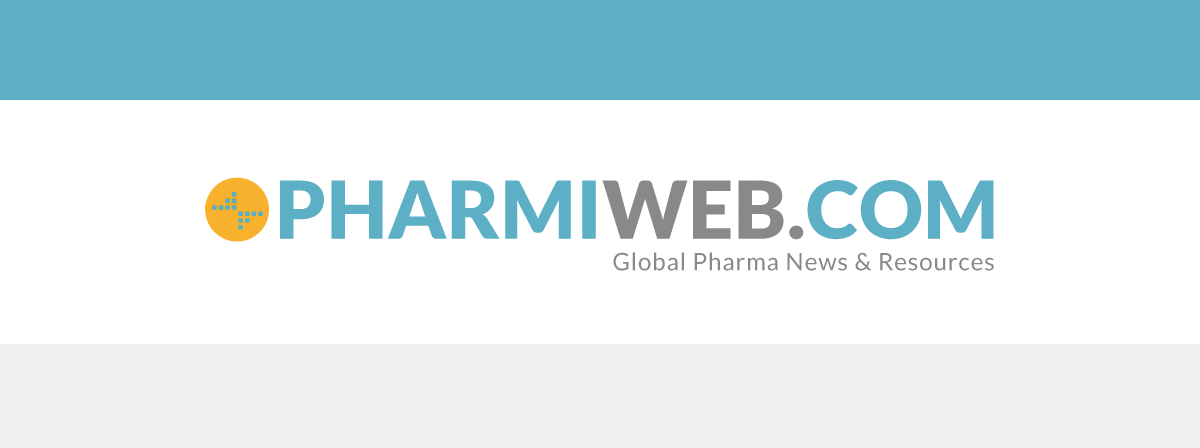Inch wide, mile deep: How KEF is upskilling educators for the AI era

Imagine a classroom in a resource-challenged corner of India, where chalkboards and notebooks are the norm. Now, picture the same classroom where a teacher uses AI tools to design personalised lesson plans, deliver concept-explainer videos, and assess student understanding in real-time—all from a basic smartphone. This isn't a scene from a future-forward sci-fi novel. It's the present, unfolding in classrooms touched by the right blend of technology, empathy, and vision.
As India steers into an era of digital transformation, the conversation around AI in education is no longer confined to elite institutions or urban settings. From government classrooms to non-profit initiatives, AI is rapidly becoming a leveller,redefining how we teach, learn, and grow. At the foundation of this shift lies a fundamental belief: that access to smart technologies should not be a privilege but a right, especially for educators and learners from underserved communities.
In this context, Kotak Education Foundation (KEF) are working efficiently with initiatives like Ko-Teach and KSHAMATA, KEF is not just integrating AI into teaching frameworks but is also co-creating solutions with educators,making AI both accessible and meaningful. Their innovation doesn’t lie in tools alone, but in empowering teachers as architects of change.
In this exclusive conversation with ETEducation,, shares how AI is being democratised through thoughtful implementation, rigorous teacher training, and a deep understanding of pedagogy. From personalised learning to real-world problem-solving and future-ready classrooms, she offers insights into how KEF is helping shape an inclusive and dynamic educational future for India.
With 17 years of experience, every project we undertake is shaped by the invaluable input of our audience. Their feedback has been instrumental in co-creating our content, driving a continuous cycle of implementation and refinement. One of our flagship initiatives, KSHAMATA is dedicated to strengthening teacher capacity across four states, impacting approximately 5,000 educators. We believe that true learning happens when individuals learn how to learn—our job is done when they become independent, lifelong learners.
Through our Ko-Teach program, we equip educators with practical tech and AI tools, enabling them to seamlessly integrate technology into lesson planning, active learning strategies, and assessments—enhancing both teaching and learning experiences. Through AI-driven tools, teachers can create dynamic lesson plans, differentiated worksheets, and insightful concept-understanding videos, fostering more personalised interactions with students. To scale AI adoption, KEF has conducted AI-focused webinars, reaching 1,000 teachers live and over 10,000 educators online across Maharashtra. These sessions covered essential topics such as AI prompt engineering, lesson planning, and assessment techniques using tools like ChatGPT, Gemini, and AutoClassmate.
Additionally, our national Innovation Summit INSPIRE engaged 44 educators and policymakers nationwide, emphasizing AI-powered teaching, student AI literacy, and effective tool selection for classrooms. By investing in teacher training and resources, KEF is committed to enhancing the educational landscape and ensuring that educators are well-equipped to leverage the power of AI for improved learning outcomes.
Ensuring responsible and inclusive AI adoption in education, especially for underrepresented groups, requires a multi-pronged approach. Equitable access to AI-powered tools is crucial to bridging the digital divide, as seen in KEF’s Ko-Teach initiative, which provides AI-driven insights to marginalized schools. AI solutions must also be localized and contextualized to address regional languages and socio-economic challenges.
Teacher capacity building is essential—educators must be trained to use AI responsibly and effectively while ensuring AI models are designed to minimize biases. Additionally, community and student engagement allows stakeholders to shape AI implementation.
Collaboration with governments, ed-tech firms, and NGOs can further scale AI-powered education, ensuring all children have access to quality learning. By focusing on access, ethics, teacher training, and community involvement, AI can become a transformative tool for equitable education, empowering both teachers and students in meaningful ways.
Educators need to develop data-driven decision-making, prompt engineering, and adaptive teaching strategies. Understanding how to effectively integrate AI tools into lesson planning, assessments, and student engagement is crucial. Additionally, skills in critical thinking, ethical AI use, and digital content creation will help teachers harness AI responsibly.
Guided by our "inch wide and mile deep" philosophy, we prioritise depth over breadth, ensuring impactful and sustainable learning experiences. With this vision, we strive to create meaningful opportunities for both teachers and students, equipping them with the skills and support they need to thrive. We actively drive this upskilling through a range of thoughtfully designed programs. By equipping educators with the knowledge and tools to harness AI effectively, not just to adapt but to lead its implementation—enabling them to create engaging, personalised, and future-ready learning experiences.
At Kotak Education Foundation (KEF), we hold a firm belief in the significance of the pedagogical aspects of teaching and learning. We emphasise the importance of constructive alignment and frameworks that govern effective pedagogical practices. These elements are crucial as they ensure that our educational objectives are in harmony with our teaching methods and assessment strategies.
We recognise that integrating the right mix of technology into pedagogy can transform the educational landscape, creating a unique and enriching learning experience for students. This approach not only enhances engagement but also fosters deeper understanding and retention of knowledge. Time and again, this philosophy has been validated by our key stakeholders—our teachers—who have provided valuable feedback on the positive impact of these practices in their classrooms.
Over the years, KEF has made a concerted effort to address the real needs of classrooms that often lack basic resources. We have collaborated closely with teachers to identify these gaps and develop tailored solutions that enhance the learning environment. By working hand in hand with educators, we aim to create sustainable and effective strategies that empower both teachers and students, ensuring that every learner has the opportunity to thrive.
Educators trained in AI integration are achieving remarkable milestones in transforming teaching and learning. One teacher has successfully implemented AI-driven personalised guidance, allowing students to receive tailored support for their academic challenges. Another has streamlined lesson planning with AI, ensuring alignment with 21st-century skills while significantly reducing administrative workload. Beyond the classroom, an educator has empowered students to develop AI-powered applications to track and optimise electricity consumption, fostering real-world problem-solving skills. AI is also enhancing engagement, as one teacher has leveraged digital tools to create dynamic, interactive learning experiences, increasing student participation. Another educator has used AI-driven robotics to simplify complex scientific concepts, making abstract theories more tangible and accessible. Additionally, AI-powered platforms are being utilized to encourage creative expression and critical thinking, guiding students in innovative storytelling and content creation. As KEF we are extremely happy and hopeful of how AI is enabling educators to push the boundaries of learning, fostering both academic excellence and innovation.
We are excited to strengthen collaborations with national and international experts to drive AI-powered advancements in education. As a pioneer in the development sector, our mission is to support underprivileged children and youth through education-based interventions that empower them to lead lives of dignity and opportunity. In this endeavour, teachers are not just key stakeholders they are the driving force of change. We believe that by empowering them as thought leaders, we unlock the true potential of education. Our commitment lies in enhancing their prowess in learning, equipping them with transformative strategies to adapt, evolve, and inspire in an ever-changing educational landscape.










